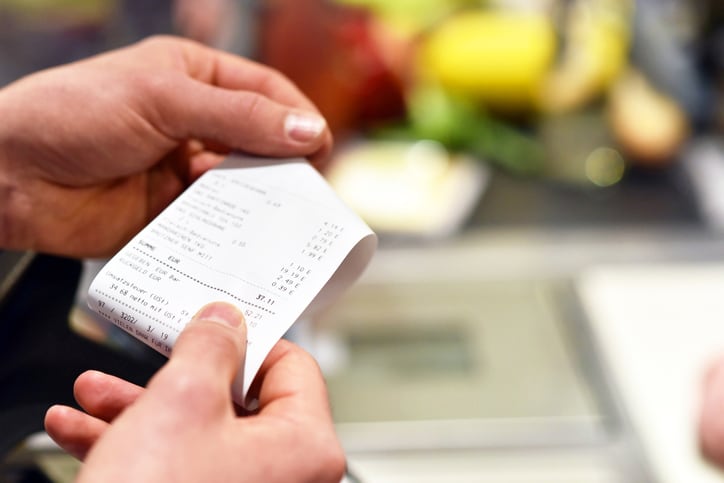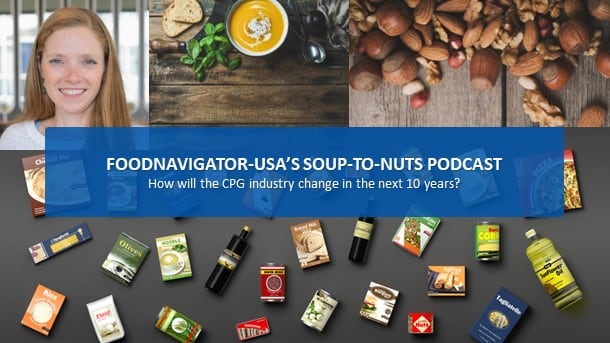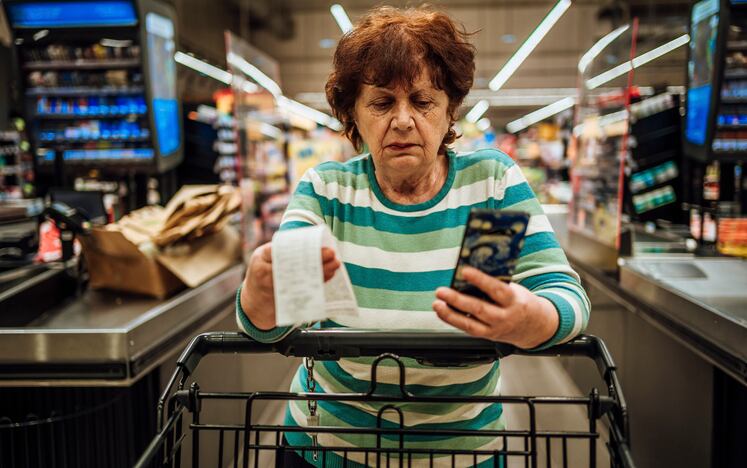The consumer research platform found that 73% of U. S. consumers “have no intention of reverting to more household (and expensive) names,” per its 2023 U.S. food & beverage trends report survey.
“American shoppers have changed in behavior and have acquired a real taste for private-label brands due to inflation’s impact on the cost of grocery and household products,” said Attest founder and CEO Jeremy King. “This poses a significant challenge to well-known brands that can’t compete on price and who may end up the losers here as these shifts in shopping habits may be permanent for several important sub-segments.”
Big-name brands pulled back on promotions during the pandemic due to supply chain troubles and strong consumer demand, but may need to shift strategies to maintain their consumer base if sales are siphoned off by private label.
“The big-name brands need to give consumers new, compelling reasons not to switch to their private-label counterpart, or in some cases motivate shoppers to come back to big brands,” King said.
However, name brands may only restart promotions when they feel forced or start to see market share or profit drops. At an investor event in December, Mondelez executives emphatically said they saw no reason to lower prices or increase promotions.
Bargain hunting taking over
Attest dubbed the private label phenomenon the “inflation diet,” as a majority of consumers have turned toward less expensive store brands as the cost of living has jumped.
Private-label brands have benefitted from the rising cost of living, with more than 58% of U.S. consumers saying they are “very likely” to purchase cheaper alternatives to brand names, and 27% “somewhat likely,” per Attest’s survey of 2,000 consumers that concluded in January.
Further, 89% of American consumers are bargain hunting when grocery shopping, with 42% saying they visit multiple sites in person to find the best deal.
King cited this shopping fragmentation as a “new and emerging behavior.”
“This puts grocery chains under serious pressure to either offer the best deals that beat other retailers and attract consumers, or to extend their own-label product lines to offer ever-increasing appeal to inflation-weary consumers,” he said.
Consumers surveyed said they had stopped shopping at retailers including Walmart, Publix and Whole Foods due to high prices and lack of deals.
The discount lure
Lower prices were more likely to incentivize shoppers to visit a particular store - to the tune of being four times more effective than special offers and promotions, according to the researcher.
“Price is now the be-all and end-all for American shoppers,” Attest explained.
So far as specific types of promotions, consumers want price discounts the most, followed by buy-one-get-one-free. They ranked the accumulation of extra loyalty points last.
However, discounts don’t need to be big to be attractive to consumers. Twenty-nine percent of those surveyed said a 20% minimum discount would persuade them to purchase, with 21% saying a 30% discount would do it, while 19% said they would buy with a discount of 10% or less.
Additionally, 58% of consumers say advertising helps them stay informed about discounts and deals.




